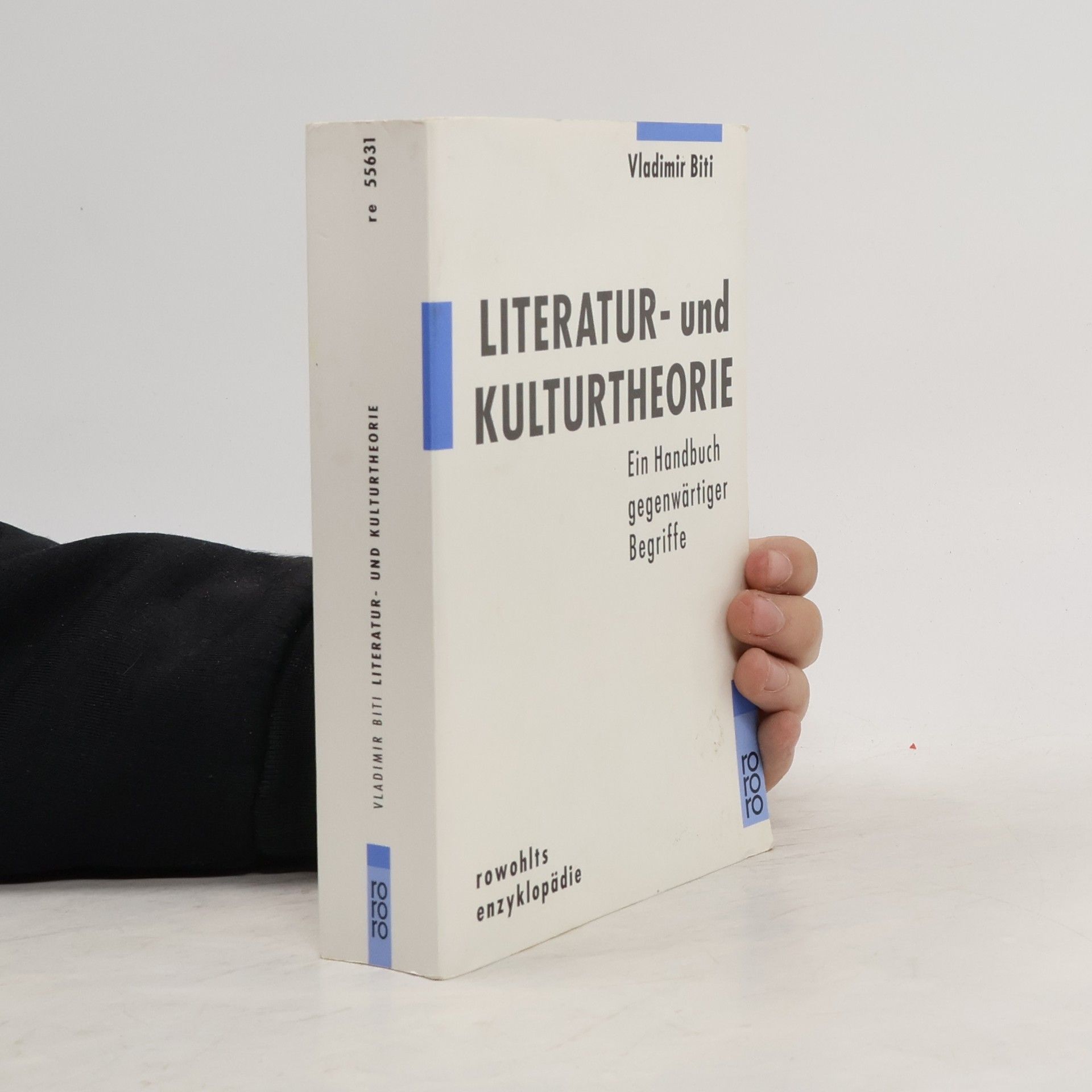Focusing on the traumatic aftermath of the dissolution of East-Central European and West European empires, the book explores transnational literary alliances through the works of Franz Kafka and J.M. Coetzee. It analyzes how Kafka represents the transition from sovereign to disciplinary governance, while Coetzee reflects the shift from colonial assimilation to regeneration. Through close readings, the text reveals how both authors respond to the reconfiguration of power relations in their narratives, highlighting the instability of post-imperial literature and the loss of transcendental guarantees in human experience.
Vladimir Biti Orden de los libros (cronológico)
Este autor profundiza en las intrincadas conexiones entre literatura, teoría y cultura. Su obra navega por las profundidades de la narrativa, examinando cómo los textos construyen e interrogan historias, y explorando el tema de la 'domesticación del otro'. A través de un riguroso marco teórico y una profunda comprensión de las tradiciones literarias, ofrece nuevas perspectivas sobre cómo los textos revelan significados ocultos y moldean nuestra comprensión de la historia y la identidad. Su enfoque se caracteriza por un análisis meticuloso y una perspicaz visión de lo que hace que la literatura sea resonante.


Ovaj je Pojmovnik predobar za naše pojmove. -Feral Tribune Bitijeva je knjiga za naše prilike nevjerojatan kompendij suverenog znanja o kretanjima u suvremenoj književnoj teoriji s najsvježijim informacijama kao začinom dobru jelu: u bližoj budućnosti mnogima neće biti jasno kako se ova knjiga pojavila sada i ovdje. -Siniša Nikolić, Slobodna Dalmacija Najozbiljnija i najsveobuhvatnija teorijska ukoričena pojava na nebu hrvatskoga promišljanja književnih teorija, a koju je osmislio i realizirao samo jedan stručnjak. -Jasen Boko, Slobodna Dalmacija Pojmovnik se široko otvara kako prema cjelokupnoj humanistici - filozofiji, psihologiji, sociologiji, lingvisitici - tako i prema pravu, teoriji informacije, neurosemiotici i dr. Pred sobom dakle imamo svojevrsnu summu mnogih bitnih aspekata kulture 20. stoljeća. -Josip Užarević, Vijenac